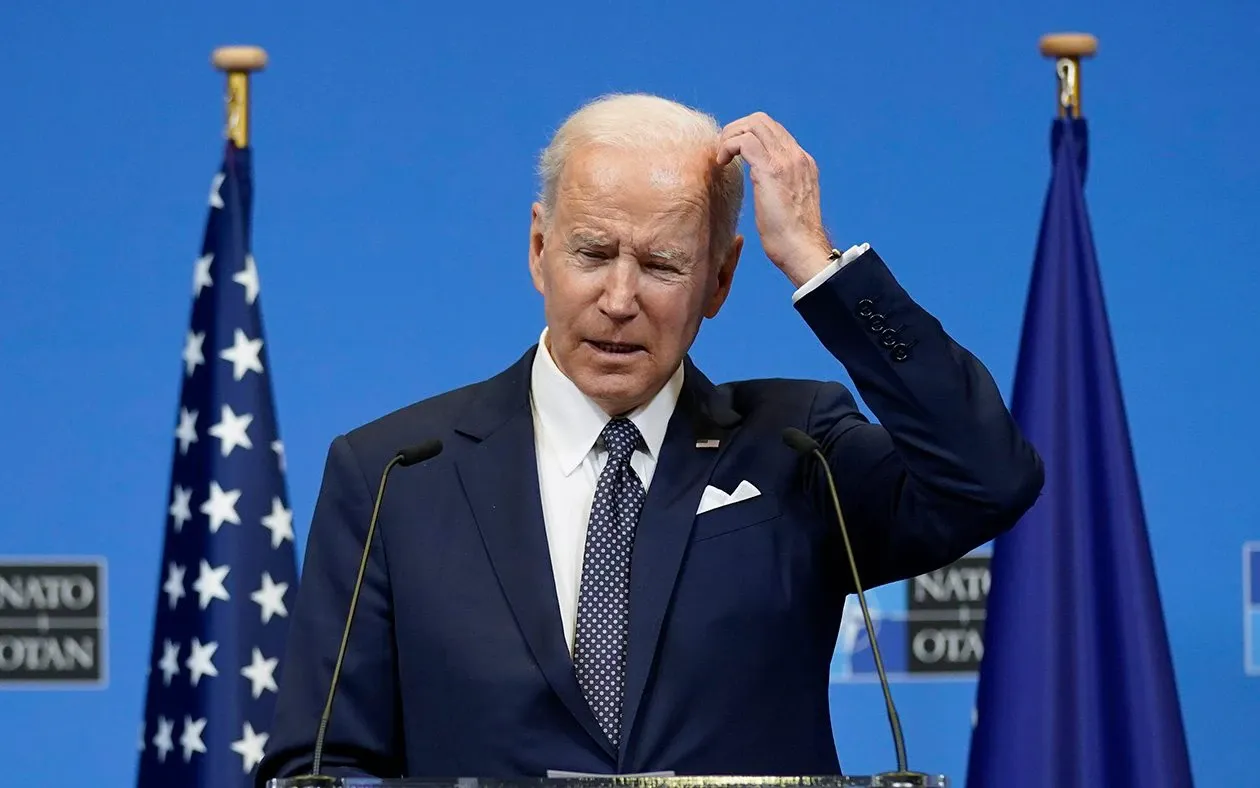Table of Contents
Dave Patterson
When it comes to US allies, Biden seems to want them to be fearful just as fearful of confrontation with Iran as America currently is. The White House will rely on negotiations to address Iran’s expanding nuclear program, which would make perfect sense if only the Biden foreign policy team had been so incredibly successful in international negotiations thus far. But the geopolitical scoreboard is chock-a-block with US diplomatic disasters.
It’s Simple – Biden Is Afraid of Iran
Meanwhile, Iran plods along on track to have nuclear weapons. Whatever negotiations the US is engaged in, there has been no progress. Despite US sanctions, Iran continues its sponsorship of Yemeni Houthi terrorist attacks on Red Sea merchant shipping. The US was kicked out of Niger. The US was kicked out of Chad. China continues to bully Taiwan and the Philippines despite US admonishments of Beijing. No one will forget the negotiations with the Taliban leading to the debacle of a withdrawal from Afghanistan. The world saw how well that worked out, Now, the Biden administration has the hubris to tell allies not to confront Iran concerning its nuclear ambitions.
What has brought the issue of censuring Iran for its rapid advancement in stockpiling near weapons-grade nuclear material? Of particular concern was the International Atomic Energy Agency (IAEA) director general’s assertion that Iran had accumulated substantial quantities of highly refined fissionable material. That was over a year ago.
Recent IAEA reports are no more encouraging. “Britain, France and Germany have circulated a draft resolution against Iran ahead of the UN nuclear watchdog’s board meeting next week and appear determined to push it despite opposition from their US ally, three diplomats said on Wednesday [May 29],” Reuters reported. However, what motivates the Biden administration is not national security but political self-interest. The Reuters dispatch went on to explain, “[T]he US and its European partners, known as the E3, were divided over whether to confront Iran with Washington fearing such a resolution could risk further escalation in the region and rock the boat ahead of November’s US election.”
A recent article in The Wall Street Journal described a discussion between US officials and the E3: “The US is arguing against an effort by Britain and France to censure Iran at the International Atomic Energy Agency’s member-state board in early June, the diplomats said. The US has pressed a number of other countries to abstain in a censure vote, saying that is what Washington will do.” However, there should be little confidence that the Biden administration’s foreign policy team will make an effective case against Iran continuing its stockpiling near weapons-grade nuclear matter.
Not making a solid statement of censure of Iran’s advancing nuclear program demonstrates weakness and timidity on the part of Western nations. America’s reluctance to confront Iran certainly does not support the credibility of the IAEA, the chief watchdog agency to monitor Tehran’s progress in developing atomic weapons.
Biden Has No Negotiating Strategy
The fundamental flaw in the US desire to try to negotiate limitations on Iran’s nuclear weapons program is the absence of a plan on how the White House would accomplish that outcome. As with the US support for Ukraine, Biden’s national security team fails to provide a logical roadmap to achieve a desirable end state. Biden’s “as long as it takes” approach with Ukraine is a non-starter when dealing with the world’s number one sponsor of terrorism and its desire for nuclear weapons. The failure to have a plan to address the Tehran government is not lost on the media. “At the heart of the dispute are concerns in some European countries, particularly France and Britain, that Washington lacks a strategy for dealing with Iran’s nuclear advances,” the WSJ observed.
Under Joe Biden’s leadership, nearly every encounter the US has with Iran demonstrates a deep and abiding fear of the mullahs and a third-rate, at best, military. Consider what is at stake. The E3 wants a vote of censure in the UN against Iran for continuing its nuclear program. It’s not a declaration that the UN is going to do anything. European allies are frustrated with the US not standing up to Tehran. They should be. If the White House does not want to be a leader, it should not try to persuade others to follow that fainthearted approach.
What is at stake is the proliferation of atomic weapons to a theocratic and capricious government that has sewn violence and conflict throughout the Middle East and a good portion of the world. America’s allies and friends depend on the US being a strong, reliable force to deter malevolent actors like Iran.
The views expressed are those of the author and not of any other affiliate.







